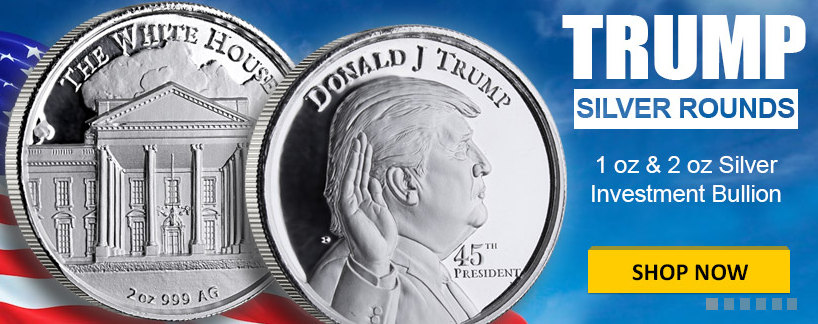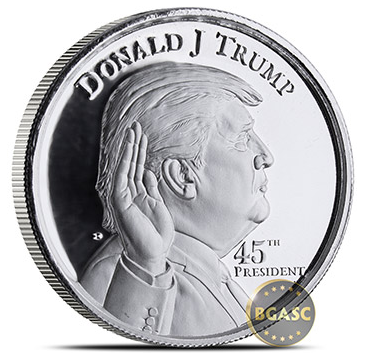
Trump and the Economy Face Grey Swans on the Horizon
The day after Donald Trump defeated Hillary Clinton for the Presidency, Nobel Prize economist Paul Krugman penned a NY Times editorial, predicting economic disaster for the United States and that the markets would “never recover”.
As the Trump Presidency rolls towards completion of its second year, the economy has accelerated, turning in a 4.1% GDP increase in the second quarter, with projections for even higher GDP growth in the third quarter. The stock market, while off the all time highs it hit in January 2018, remains at elevated levels. The economy has strengthened despite the Fed raising interest rates five times since
In May, over 1000 economists warned that Trump’s trade policy risked causing a great depression. The Fed echoed similar concerns in less hyperbolic fashion in the minutes of its July 31/August 1 meeting, noting that Trump’s trade policies posed downside risks and that the economy “could move in a direction that would have significant negative effects on economic growth.”
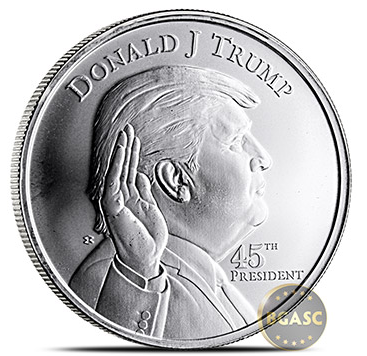
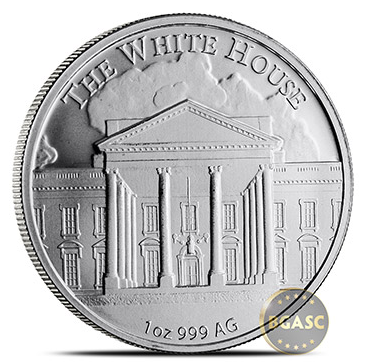
To date, Trump has confounded critics who said he could never win the Republican Party primaries in order to become its nominees, could not defeat Hillary Clinton, or once elected guide the economy beyond recent years tepid 2-3% annual GDP growth.
Economic Grey Swans
While the U.S. economy has performed impressively over the past 18 months there are significant “grey swan” hurdles facing the President in the coming year.
The Federal Reserve
The President has indicated his concerns publicaly that the Federal Reserve’s insistence on raising interest rates may undo the economic progress made over the past 18 months. Fed chair Jerome Powell has assured the media and U.S. Senators that the Fed does not intend to change course based on the President’s comments. Indeed, there is a concern that the Fed might opt on the side of more interest rate hikes than they otherwise might undertake in order to assert their independence. Rising interest rates could have the impact of putting the brakes on the economy and potentially cause a significant stock market correction. The Fed, however, may hold off on raising rates in 2019 and the economy may continue at its robust pace.

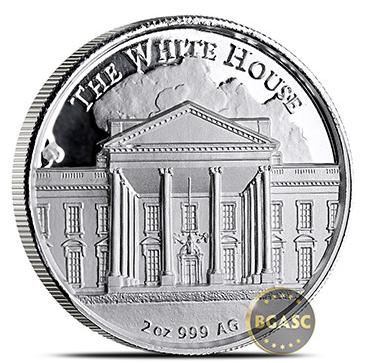
Impact of Trade Tariffs
Trump’s institution of tariffs, especially on Chinese goods, has market observers and economists concerned that the President has started a war that can not be won. If Trump’s critics are correct, the economic gains over the past 18 months can become undone and reverse as a result of Trump’s trade policies. In contrast Trump, promises that as a result of his trade policies, the U.S. economy will emerge stronger as new favorable trade deals will be negotiated.
Emerging Markets Economic Crisis
The current strong dollar caused in part by a hawkish Fed and a roaring U.S. economy is impacting emerging market economies from South Africa to Turkey. These countries often issue debt denominated in U.S. dollars. A strong dollar causes strains on emerging market economies, that may in turn cause their economies to collapse and their regimes to falter or fail. In such a circumstance, the collapse of one or more emerging economy (including perhaps China) would have a major impact on the global and U.S. economies. Alternatively, a strong dollar may simply weaken the economies of countries that the U.S. is currently in dispute and cause them to cry uncle.
Mid – Term Elections
The 2018 mid-term elections have the potential to change the composition of the U.S. Congress and Senate from Republican to Democrat. If such an event were to occur, it is likely that the Democrats would move to impeach the President. Donald Trump said in a recent interview that any move to impeach him might cause a stock market crash. Indeed, this is a potential outcome. There is also a potential that impeachment proceedings fall flat and the economy and stock markets continue to march higher.
This article by BGASC is not, and should not be regarded as, investment advice or as a recommendation regarding any particular course of action.

